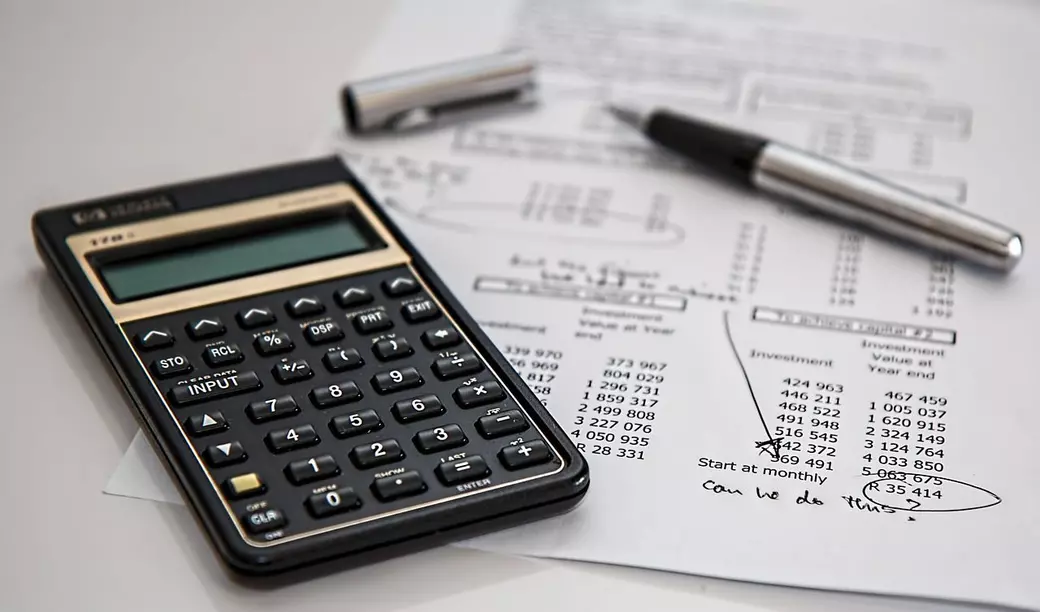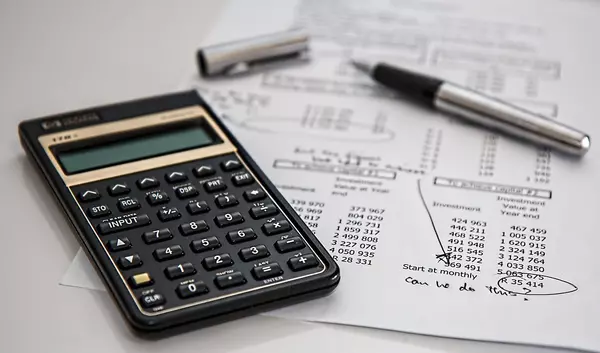Understanding Property Taxes in Morgantown, West Virginia: A Guide for Homeowners

Understanding Property Taxes in Morgantown, West Virginia: A Guide for Homeowners
Property taxes are a fundamental aspect of homeownership, but they can often feel confusing or overwhelming. Whether you’re buying, selling, or already own a home in Morgantown, West Virginia, understanding how property taxes work, how they’re calculated, and their impact on real estate decisions is essential. This guide explains everything you need to know about property taxes and how they factor into your homeownership costs.
What Are Property Taxes?
Property taxes are local taxes levied by the government to fund public services like schools, roads, emergency services, and infrastructure. In Morgantown, property taxes are assessed annually and based on the value of your property.
How Are Property Taxes Calculated in Morgantown?
Property taxes in Morgantown are determined by two key components:
-
Assessed Value of Your Property:
- The assessed value is the value assigned to your property by the county assessor, based on its market value.
- In West Virginia, properties are generally assessed at 60% of their appraised market value.
-
Tax Rate (Millage Rate):
- The tax rate, also called the millage rate, is set by local government entities such as Monongalia County, school districts, and municipal governments.
- A mill represents $1 of tax for every $1,000 of assessed value.
Formula for Calculating Property Taxes:
Property Tax=Assessed Value×Millage Rate\text{Property Tax} = \text{Assessed Value} \times \text{Millage Rate}
Example Calculation:
- Home Market Value: $250,000
- Assessed Value: $250,000 × 60% = $150,000
- Millage Rate: 0.024 (or 24 mills)
- Property Tax: $150,000 × 0.024 = $3,600 per year
When Are Property Taxes Due in Morgantown?
In Monongalia County, property taxes are billed annually and paid in two installments:
- First Installment: Due September 1
- Second Installment: Due March 1
How Property Taxes Impact Buying and Selling Decisions
For Buyers:
-
Understanding Total Costs:
- Property taxes are a key component of your monthly housing costs. Lenders typically include property taxes in your escrow account, bundled with your mortgage payment.
- Higher property taxes may affect your loan approval amount and overall affordability.
-
Check Tax Rates by Location:
- Property taxes vary by neighborhood. For example, homes in downtown Morgantown may have different tax rates than properties near Cheat Lake or Suncrest.
-
Property Tax History:
- Ask for the property’s tax history to anticipate any potential increases after the purchase, especially if the home has been recently reassessed.
For Sellers:
-
Pro-Rated Taxes:
- Sellers are typically responsible for paying property taxes up to the closing date. This amount is pro-rated and accounted for in the closing process.
-
Tax Impact on Buyers:
- High property taxes may deter some buyers, so it’s helpful to highlight any exemptions or lower rates that apply to your home.
Property Tax Exemptions and Reductions in West Virginia
Homeowners in West Virginia may qualify for property tax exemptions or reductions, which can lower your tax burden.
Homestead Exemption:
- Available to homeowners aged 65+ or those who are permanently and totally disabled.
- Reduces the taxable value of a home by $20,000.
Veteran Exemptions:
- Certain disabled veterans may qualify for additional property tax exemptions.
Agricultural Land Discounts:
- Properties classified as agricultural land may qualify for lower assessments.
Contact the Monongalia County Assessor’s Office to learn more about these programs and apply.
What Happens If Property Taxes Are Not Paid?
Failure to pay property taxes can lead to penalties, liens, or even foreclosure. If taxes remain unpaid after several notices, the property may be sold at a tax sale.
Tips for Managing Property Taxes
1. Review Your Property Tax Bill Annually
- Check for errors in your assessment or tax rate.
- If your property’s assessed value seems too high, you can file an appeal with the Monongalia County Assessor’s Office.
2. Plan for Annual Increases
- Property taxes often increase over time due to rising property values or millage rate adjustments. Budget for potential changes in your housing costs.
3. Take Advantage of Exemptions
- If eligible, apply for exemptions to reduce your property tax burden.
4. Bundle Taxes with Your Mortgage Payment
- Many homeowners pay property taxes through an escrow account set up by their lender, spreading the cost over 12 monthly payments.
Final Thoughts: Demystifying Property Taxes
Property taxes are an essential part of homeownership in Morgantown, West Virginia, funding vital community services and infrastructure. Understanding how they’re calculated, when they’re due, and how they impact your finances is key to making informed real estate decisions.
Whether you’re buying, selling, or managing your current home, I’m here to help guide you through the process. Contact me today for expert advice on property taxes, homeownership costs, and real estate in Morgantown!
Categories
Recent Posts











"My mission is to make your real estate journey as smooth and stress-free as possible. Whether you're buying your first home or navigating financial challenges, I'm here to provide transparent, friendly, and timely support every step of the way."
